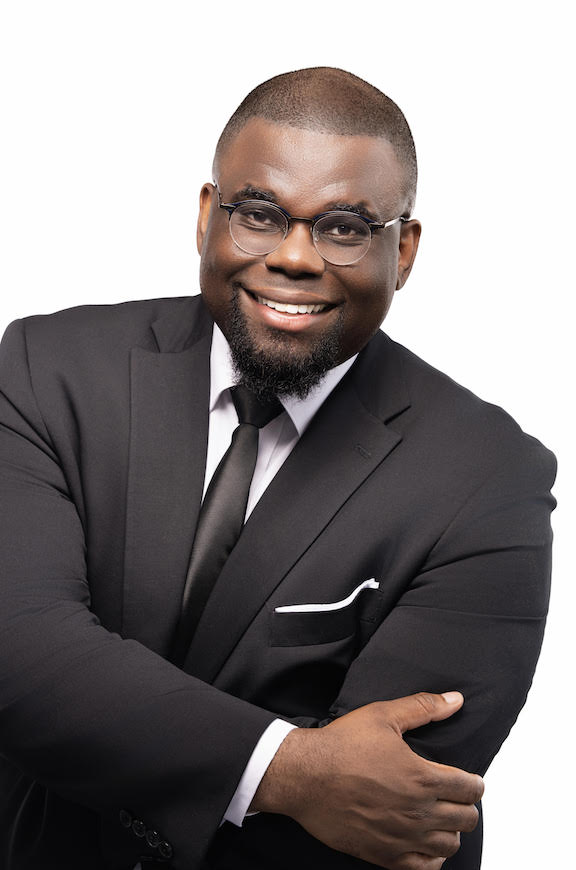Best minds in business and education come together to improve workforce
Published 9:00 am Wednesday, August 12, 2015

- RiverOak Technical College Director Walter Boatright shares the story of his college’s rebranding and the future of higher education in Suwannee County.
Business and education leaders discussed the state of Suwannee County’s students and workforce during the first ever Economic Development and Education Summit on Wednesday, August 5, held at the Spirit of the Suwannee Music Park. Key topics included the issues of poverty and lack of parent involvement in the Suwannee County school system, the demand for higher education and training, and the need for the community as a whole to support our youth.
“Local economic development happens by lifting up a community and every aspect of that community,” said Economic Development Director Alvin Jackson.
“The knowledge and skills of workers available in the labor supply is a key factor in determining both business and economic growth,” Jackson explained in his opening statement at the summit. “Economies with a significant supply of skilled labor, brought on through school education, as well as training, are often able to capitalize on this through the development of more value-added industries, such as high-tech manufacturing.”
The summit was presented by Jackson and Superintendent of Schools Jerry Scarborough.
Plans for shorter workshops are already in place to further identify the needs and issues in our local schools and labor supply. The workshops will identify objectives needed to create a business-friendly environment in Suwannee County, such as supporting employee training and education programs and promoting excellence in education.
Jackson said company site selectors, CEOs and their spouses look closely at an area’s schools before deciding to move a company there. After all, they will likely be investing at least 20 to 30 years of their lives in the area and will want to ensure their children and their employees’ children will receive a quality education.
A quality education begins with personal relationships between students and educators, Scarborough stated at the summit. There are 776 employees and 5,930 students in the Suwannee County School District. The District struggles with maintaining a diverse workforce; only 21 educators are African-American, Scarborough said.
Another challenge the District faces is early childhood education. Scarborough said most children entering kindergarten are behind in their education already; they do not know shapes or colors and have a limited vocabulary.
“If a child starts behind, they stay behind,” Scarborough said. “It has been proven that a child will suffer throughout their academic career if they have not been educated in their developmental years.”
If a child cannot read efficiently by third grade, they will struggle with reading for the rest of their life, he stated.
One major point that stuck with many summit participants is the fact that nearly half – 41 percent – of all students in Suwannee County are living in poverty as of 2012. This figure is up 14 percent since 2008.
“Poverty is no excuse for a student not to learn,” Scarborough noted.
Suwannee County currently has more people in poverty than in Hamilton or Madison counties, he stated. Sixty-three percent of Live Oak families don’t have a “survivable” annual income of $41,000. Research has found that number to be just enough to pay the bills and support a family with two children.
“We need economic development,” Scarborough said. “It is imperative to develop an educational system that will ensure success later in life.”
Scarborough said parents need to be involved in their students’ lives, or at the very least be involved enough to get their children to school where educators and staff can encourage them.
“A teacher can touch a kid’s heart regardless of what’s going on at home,” Scarborough said.
Lastly, Suwannee teachers need to improve the quality of their instruction and their level of care. After all, Scarborough said, a school will never be better than the teachers inside it.
“We can’t eliminate all of the ugliness alone,” Scarborough concluded. “We have to do it together.”
Local technical and community college leaders spoke on the state of higher education, too. RiverOak Technical College (RTC) Director Walter Boatright emphasized the importance of learning beyond high school; by 2020, 65 percent of all jobs will require some level of education beyond a high school diploma. Thirty-five percent will require a bachelor’s degree, he stated. The fastest growing industries are in healthcare and the STEM (science, technology, engineering and mathematics) field, and students can go far by getting industry certified.
RTC is planning for the future by adding on new programs that meet regional demand for jobs. Next year, they will offer electrician, plumbing and dental assistant programs.
David Dunkle, North Florida Community College’s associate dean of economic development and technical programs, and CareerSource North Florida Executive Director Sheryl Rehberg stressed how most employers are simply seeking an employee who is dependable and willing to work. If a student can learn basic “employability skills,” like timeliness, organization, loyalty and dedication, they can go far in the job market.
The summit ended with personal remarks from Dairy Queen owner Susanne Dunn. She shared the story of her family and how her parents lifted themselves out of poverty and hardship through education. Youth need education in order to become successful members of the workforce later in life.
“There’s that saying, ‘It takes a village to raise a child,’” Dunn concluded. “This is our village.”





